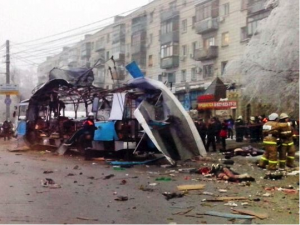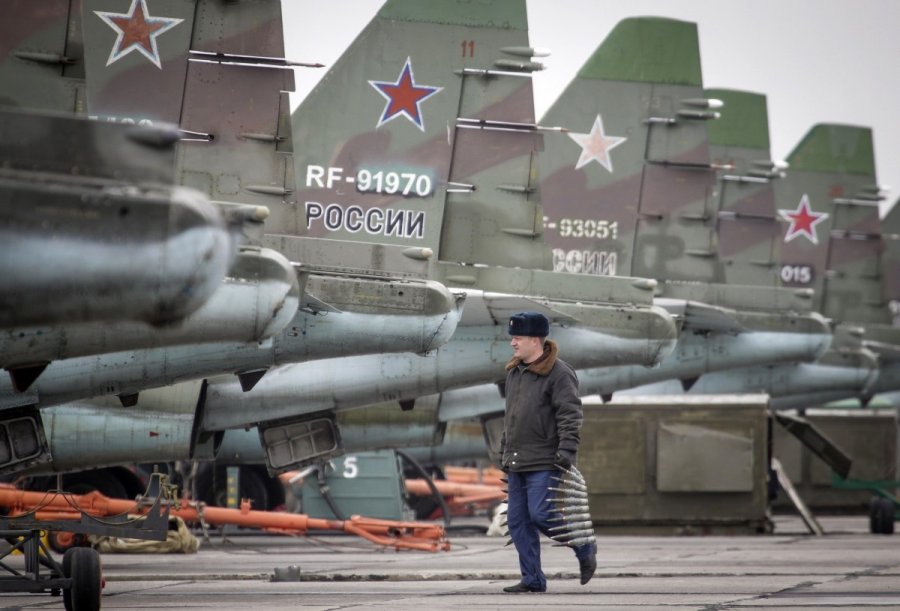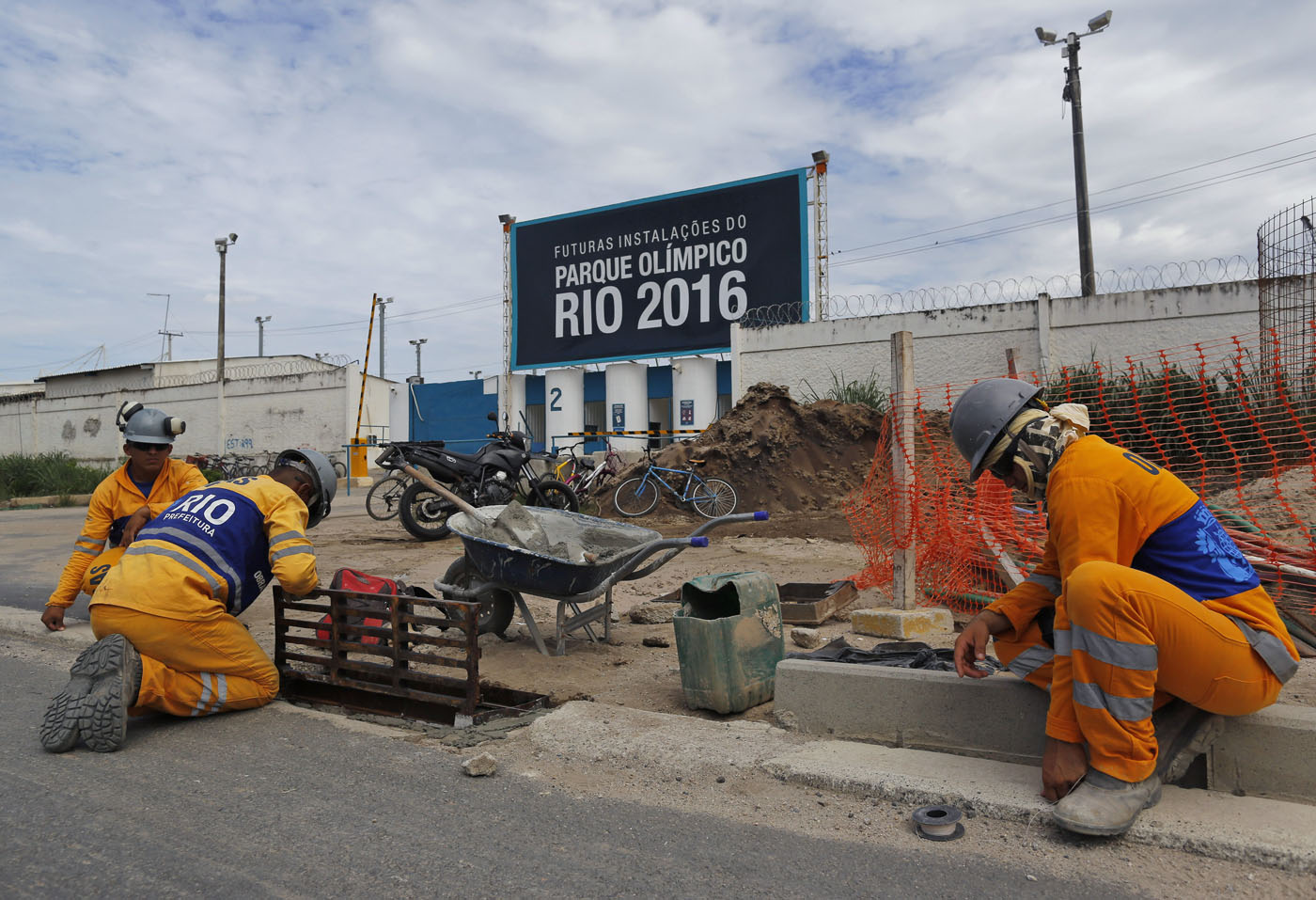
By: Victoria Barker
Once every four years, the world’s attention is focused on the wonderland that is the Winter Olympics. Next month will echo the honored tradition of athletes and spectators gathering from every corner of the earth. The months and years leading up to the games have always been plagued by reports that the luxurious venues, such as that which helped Russia win the Olympic bid, will not be ready in time. The time leading up to the games in Sochi, Russia in February 2014 has been quite the same. As is the case with most countries, it is likely that Russia will complete the construction projects prior to the opening ceremony on Feb. 7. The true challenge to Russia’s readiness lies in their poor security infrastructure.
Perhaps the largest issue the Olympics will face is the lack of police and military infrastructure in Russia prepared to combat terrorism. Terrorism is not a threat unique to Russia’s Olympic Games, but a combination of location and track record in preventing attacks sheds doubt upon the protection being offered to the athletes and spectators. In July 2013, Chechen rebel leader Doku Umarov declared, “they [Russia] plan to hold the Olympics on the bones of our ancestors, on the bones of many, many Muslims buried on our land by the Black Sea. As mujahedeen we are requited not to permit this, using any methods that Allah allows us”. In a recently released video, Umarov promised he and the members of the Caucasus Emirates would use “maximum force” to stop the games.

Just last month, two suicide bombings went unthwarted in Volgograd, killing more than 30 people. These incidences highlight the inability of the Russian government to combat domestic terrorism. The bombings in Volgograd are a great measure of the government’s security preparedness for the winter games. Volgograd is a “key transport hub” into Sochi. If bombings are able to happen within 24 hours of each other under the heightened security it is likely that the level of protection is not high enough.
While the International Olympic Committee has assured that “everything necessary has been done” in the country, a continued assault upon the games has challenged their credibility. Last week multiple car bombings occurred in Stavropol, a city less than 150 miles from Sochi.
It is possible that Sochi will be secure enough during the games. The rest of Russia, however, becomes an easy target as police attention moves away from the major cities. Either way, Russia faces a great threat of violence during the games, be it in Sochi or other regions. Although the government has 40,000 police officers to be stationed throughout the Olympic city, plans to employ the use of drones, reconnaissance robots, sonar systems, and high-speed patrol boats, terrorism remains the biggest threat to the games. According to Stratfor Global Intelligence, the games give militant groups an opportunity to “capitalize on news coverage of the highly publicized event”.
One would assume that given such a prestigious event, which is already shrouded in the threat of terror, Russia would have solicited security assistance but that has not happened. According to a U.S. official, while the United States “provided extensive security resources to the Greek government in 2004” for the contentious Olympic games, the Russians, although more capable than the Greeks, “almost always refuse American offers of help.” Furthermore, the government has been unwilling to share intelligence information on militant groups in Russia that further the instability in the region. Perhaps it is because the Putin regime has preferred to deal with the Caucasus issue by using violent and retaliatory means in an attempt to make a statement against future terrorists.
Regardless, one can only hope that given the innumerable tourists flocking to Sochi next month, Russia will take the proper measures to mitigate the very real threat of attacks. Without the proper protection in place, Russia could face more than just loss of life: loss of respect.

